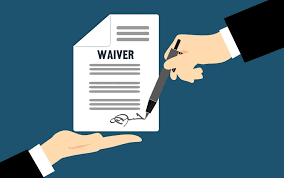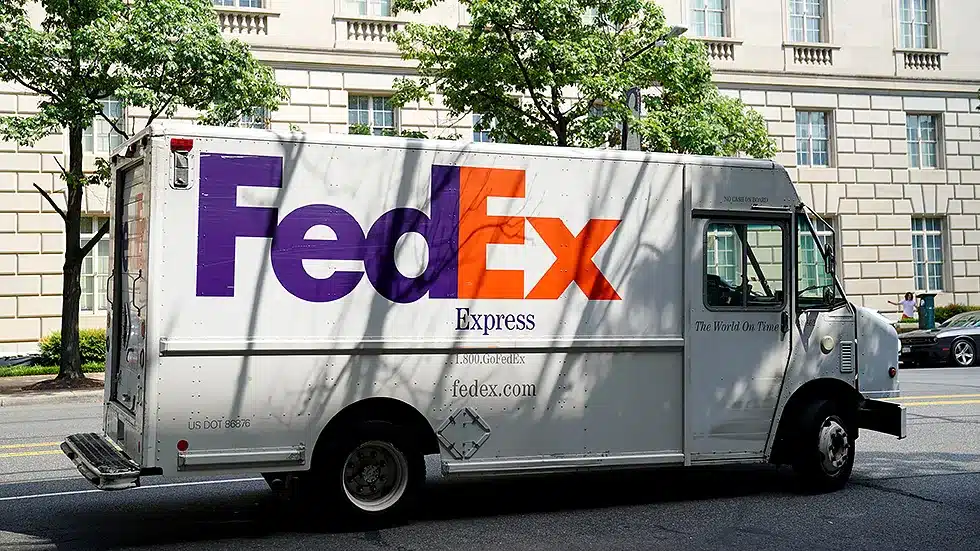
Waiver
A waiver is a voluntary relinquishment of a known right, claim, or privilege, often used in legal agreements to protect one party from liability or to specify conditions for liability. In personal injury and accident cases, waivers may limit a party’s ability to seek damages, especially if they voluntarily participated in a potentially risky activity. However, not all waivers are legally enforceable, and at 770GoodLaw, we help clients understand their rights and options, even if they signed a waiver prior to an accident.
Purpose and Use of Waivers
Waivers are commonly used to limit liability, especially in activities where the risk of injury is known or inherent, such as sports, recreational activities, and certain employment roles. By signing a waiver, a person typically acknowledges they understand and accept potential risks, agreeing not to hold the other party responsible for resulting injuries or damages.
Waivers serve several purposes:
- Establishing Informed Consent: Waivers clarify that individuals are aware of the risks and choose to proceed voluntarily.
- Limiting Liability: In certain settings, waivers help protect businesses or individuals from lawsuits if a participant is injured while engaging in a known-risk activity.
- Defining Responsibility: Waivers can specify what each party is and isn’t responsible for, making terms clear in advance.
Types of Waivers
Waivers come in various forms, depending on the type of activity, setting, or risk involved. Common types of waivers include:
- Liability Waivers: These waivers limit liability for injuries sustained during specific activities, such as sports or recreational events, by acknowledging the participant’s acceptance of risk.
- Implied Waivers: In some cases, waivers are implied through actions rather than written agreements. For example, if someone voluntarily participates in a risky activity without signing a formal waiver, they may still be considered to have assumed the risk.
- Express Waivers: Express waivers are written agreements explicitly stating the terms under which liability is waived, providing clear documentation of the participant’s acknowledgment.
- Medical Waivers: Often required before surgery or certain medical procedures, these waivers acknowledge the risks involved in treatment and limit liability for potential complications.
Enforceability of Waivers in Personal Injury Cases
While waivers can limit liability, not all waivers are legally enforceable. Courts may evaluate the specific terms, language, and context of a waiver to determine if it holds up legally. Key factors that affect enforceability include:
-
Clear Language: Waivers must use clear, understandable language. If the terms are overly complex or ambiguous, the court may not enforce them.
-
Voluntary Agreement: A waiver must be signed voluntarily. If a person was coerced or had limited options, the waiver may be invalid.
-
Public Policy Considerations: Some waivers are unenforceable if they contradict public policy. For example, a waiver that attempts to limit liability for gross negligence or intentional misconduct is generally not upheld.
-
Specificity of Terms: For a waiver to be enforceable, it must specifically outline the risks being waived. General or vague language may weaken the waiver’s validity.
How Waivers Impact Personal Injury Claims
In personal injury cases, waivers can impact a victim’s ability to pursue compensation. However, signing a waiver does not always bar recovery, especially if negligence or other factors are involved. Waivers affect claims in several ways:
-
Limiting Liability in Known-Risk Activities: In sports or recreational activities, waivers may prevent participants from suing if they sustain injuries related to known risks.
-
Exceptions for Negligence: If an injury results from gross negligence or intentional harm, the waiver may not protect the responsible party from liability.
-
Challenging Waivers: In some cases, plaintiffs may challenge the validity of a waiver, especially if it was signed under pressure or lacks essential legal elements.
How 770GoodLaw Assists Clients with Waiver-Related Cases
At 770GoodLaw, we help clients understand the limitations and enforceability of waivers, especially when injuries result from activities covered by a waiver. Our attorneys carefully review waiver documents and assess their impact on a client’s ability to seek compensation. Our support includes:
- Reviewing Waiver Validity: We examine the waiver’s language and conditions to determine whether it is legally enforceable, identifying any flaws that may weaken its impact.
- Investigating Negligence: Even with a waiver, parties may still be liable for injuries resulting from negligence. We thoroughly investigate the circumstances of the accident to determine whether negligence or misconduct played a role.
- Guiding Clients Through Legal Options: We advise clients on their options for pursuing compensation, whether the waiver is enforceable or has legal loopholes that allow for a claim.
- Representing Clients in Waiver Disputes: If a waiver’s enforceability is contested, we provide strong legal representation, advocating for our clients’ right to fair treatment and compensation.
Importance of Legal Guidance in Cases Involving Waivers
Legal representation is essential when dealing with waivers, as understanding their validity and limitations requires expertise in personal injury law. At 770GoodLaw, we work to ensure that clients’ rights are upheld, helping them pursue compensation even when a waiver may initially seem limiting. Our knowledge and experience allow clients to feel confident, knowing their case is backed by a dedicated team.
Why Choose 770GoodLaw for Waiver-Related Claims
Our commitment to Relentless Reliability and Sincetegrity means we approach every waiver-related case with diligence and integrity. By carefully evaluating waivers and providing strategic guidance, 770GoodLaw ensures that clients have the support they need to pursue just compensation, regardless of prior agreements.






